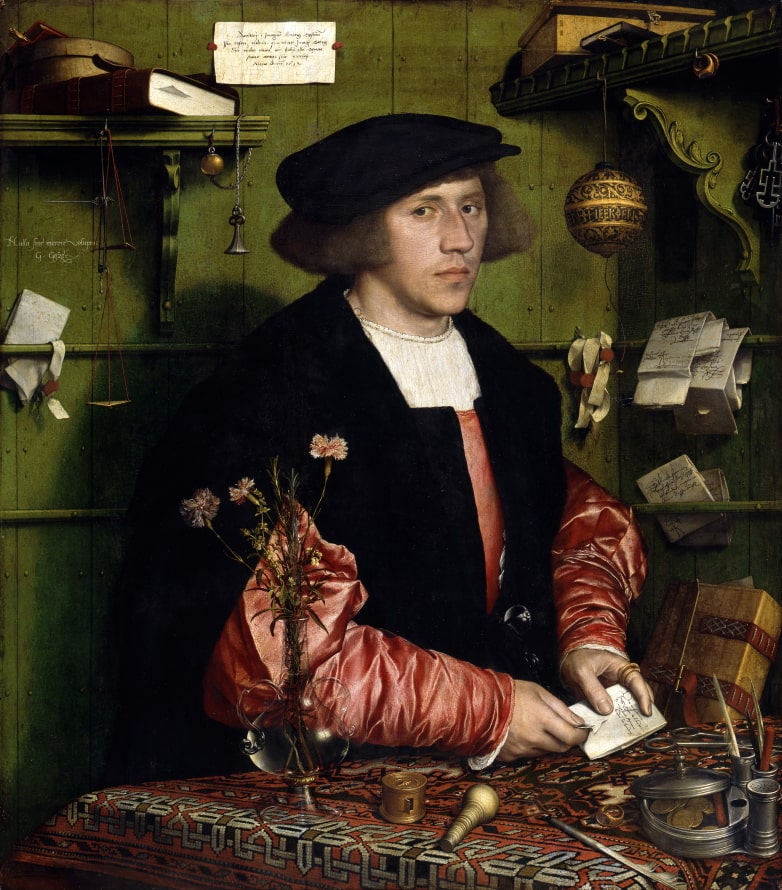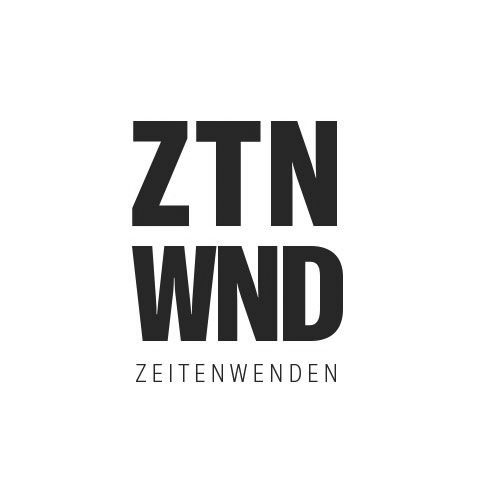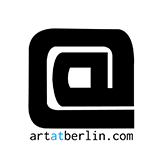Image caption: Hans Holbein d. J., Der Kaufmann Georg Gisze, 1532, © Staatliche Museen zu Berlin, Gemäldegalerie / Jörg P. Anders.
The acquisition of the painting collection of the English merchant Edward Solly in 1821 gave Berlin a world-class public art collection. With masterpieces by Raphael, Hans Holbein the Younger and Rembrandt, the “Solly Collection” still forms the basis of the Berlin Gemäldegalerie. On the occasion of the 200th anniversary, the special exhibition spanning the entire building pays tribute to this courageous coup, unique in Europe, and presents the works and protagonists of this invaluable stroke of luck for the Berlin museums.
In the early 19th century, an unprecedented collection of paintings was created in Berlin, which was to become the basis of the gallery in the Royal Museum (today’s Altes Museum), which opened in 1830. Edward Solly (1776-1844), who came from England and worked in the Baltic region, had earned a lot of money from the trade in grain and wood – and invested it in paintings of all kinds. In the years 1813 to 1821 alone, he brought together more than 3000 paintings in his house in Berlin’s Wilhelmstraße, mainly from Italy, Germany and the Netherlands.
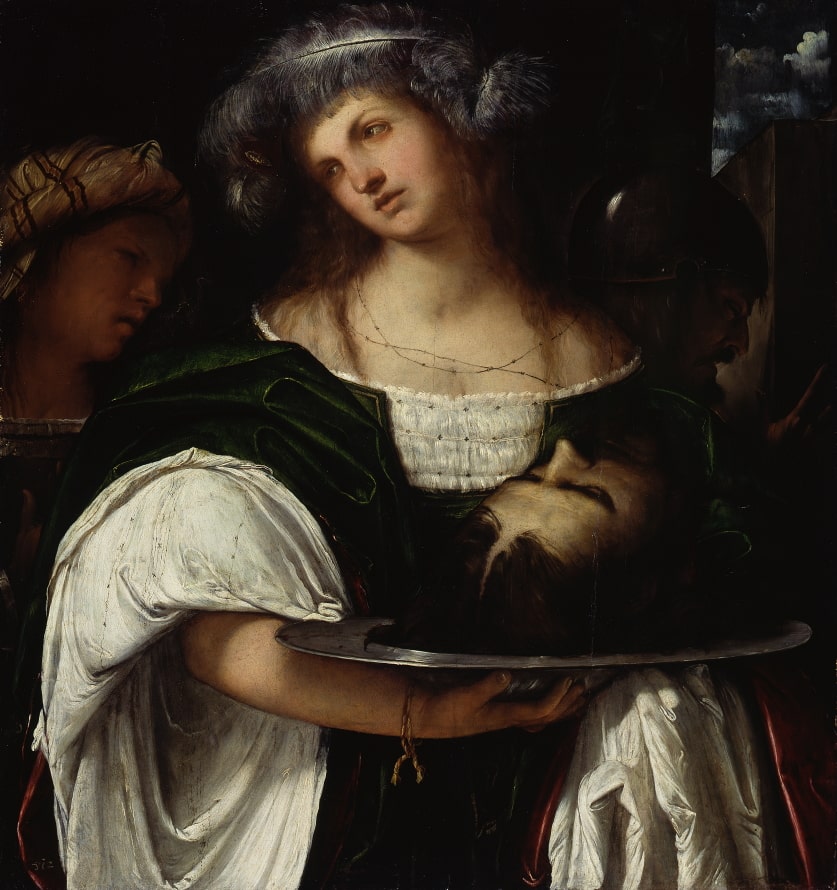
Staatliche Museen zu Berlin, Gemäldegalerie / Jörg P. Anders
“Imagine an accumulation of about 8-9 thousand pictures, of which at most 400 say four hundred are set up”, August von Goethe wrote in May 1819 to his famous father in Weimar from Berlin about the “Solly Collection”, “piled up on top of each other in 30-40 rooms in kitchens, coach houses and so on (…) that the ceilings would like to break, and you will then confess that one can become completely confused”.
In fact, there were “only” 3012 paintings, but the collection made an overwhelming impression not only on the young Goethe. Its peculiarity lay not only in the high number of works: many of the paintings were by previously little-known but today highly esteemed artists such as Giotto, Botticelli, Jan van Eyck or Jan Gossart.
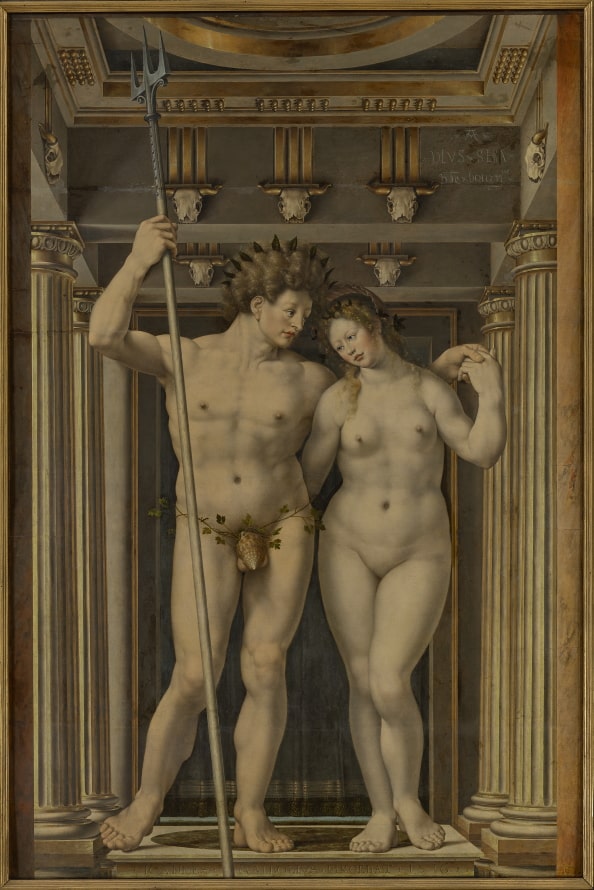
Exactly 200 years ago, in the summer of 1821, the “Solly Collection” was acquired for the Prussian state after long and tense negotiations – an invaluable stroke of luck for the Berlin museums and a courageous investment in cultural policy. The timing between chaos and reorganisation after the Napoleonic wars was a unique opportunity. To bring together a private collection of paintings of such a diverse nature, enormous dimensions and in such a short space of time had not happened in Europe until then. Between 1815 and 1821, entrepreneurial spirit and enthusiasm for art, the will for political reform and state funding, combined with personal commitment, led to the creation of a treasure trove of paintings of unprecedented quality in Berlin, from which an internationally significant and stimulating public collection of paintings emerged. The Solly Collection brought to the Spree what no one had seen here before. Whether old church altars, fascinating portraits or lovely landscapes – since the acquisition of the Solly Collection, Berlin had an encyclopaedic collection of world-class paintings.
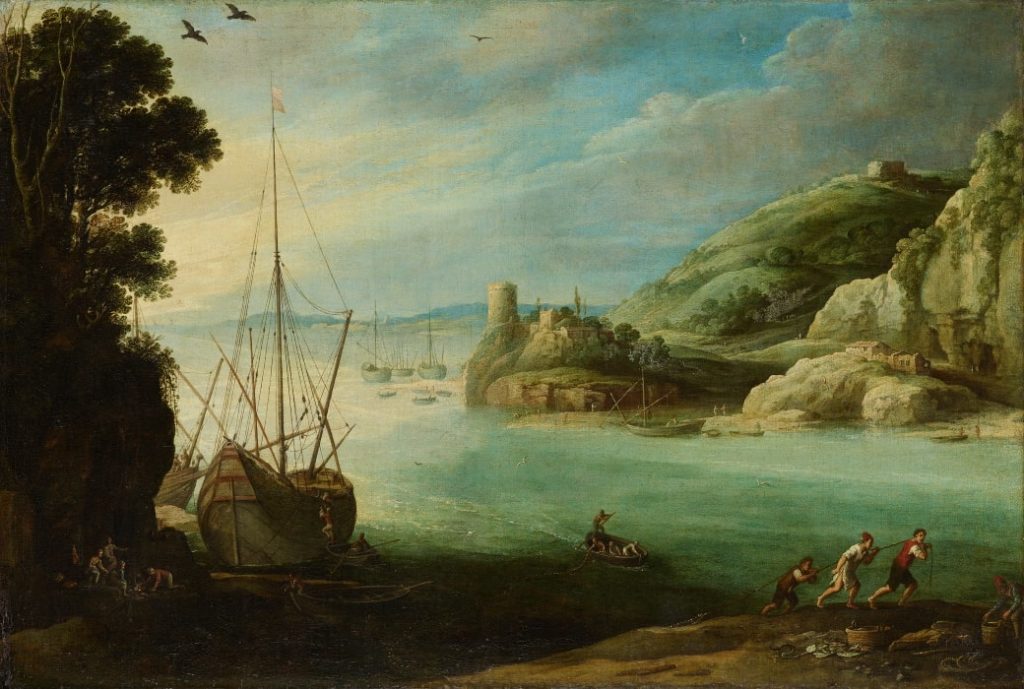
The special exhibition will pay tribute to the often underestimated, cosmopolitan and art-loving collector Solly as well as to the founders of the Royal Museum, first and foremost Karl Friedrich Schinkel, but also to lesser-known protagonists of Berlin’s classical period such as the archaeologist Aloys Hirt and the then Minister of Culture Karl von Stein zum Altenstein, who laid the foundations for this unique public art collection. On the basis of around 35 selected works, the exhibition presents the complexity and breadth of the Solly Collection and sheds light on the change in the appreciation of individual pieces under various aspects.
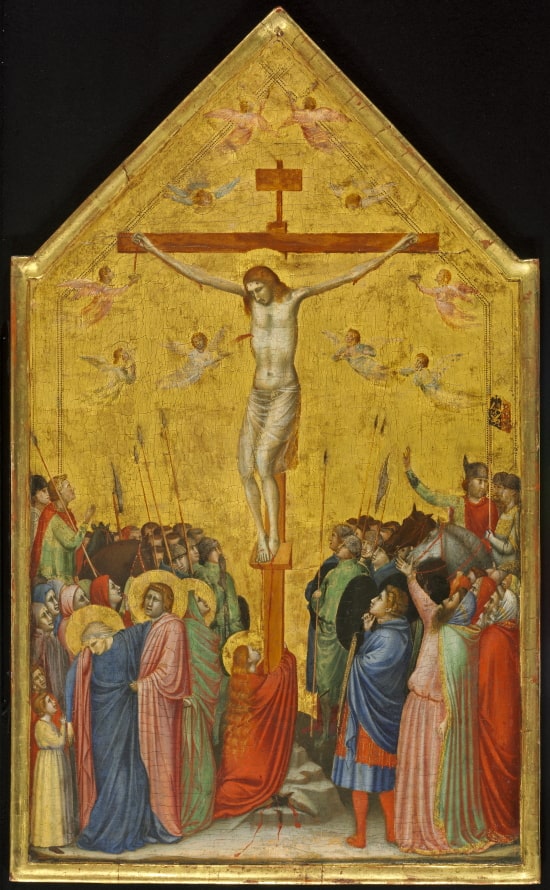
Masterpieces, rediscoveries and – as it was called in 1830 – “historical curiosities” will be on display. From a main hall and a cabinet of the Gemäldegalerie, the special exhibition will span the entire house: In the permanent exhibition, notes will be placed on the numerous paintings that still exist today that came from the collection of this early patron of the Berlin museums – they can be found in almost every room of the gallery. Loans from the Kupferstichkabinett (Museum of Prints and Drawings), the Staatsbibliothek (State Library) and the Geheimes Staatsarchiv (Secret State Archives) as well as the Stiftung Preußische Schlösser und Gärten (Prussian Palaces and Gardens Foundation) round off the presentation.
One work from the holdings of the Museum of Byzantine Art – “Mary with Child and Seventeen Scenes from the Life of Jesus Christ” (c. 1320) by the master of the Dossali Veneziani – was restored especially for the exhibition – thanks to the generous support of the Ernst von Siemens Art Foundation.
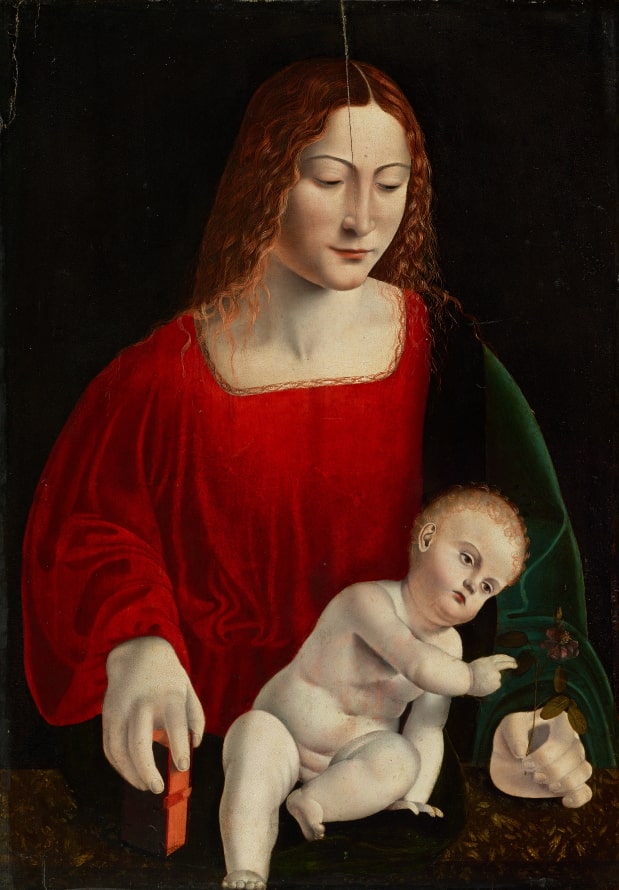
Staatliche Museen zu Berlin, Gemäldegalerie / Volker-H. Schneider
The exhibition is jointly curated by Robert Skwirblies and the curators of the Gemäldegalerie Roberto Contini, Stephan Kemperdick, Katja Kleinert, Neville Rowley and Sarah Salomon.
The exhibition is accompanied by a richly illustrated catalogue published by Deutscher Kunstverlag, which explains the origins and acquisition negotiations of the collection and places the acquisition in its contemporary historical context:
ISBN: 978-3-422-98663-3, 112 pages, 65 colour illustrations, bookshop price: 36 €.
WHERE?
Kulturforum, Gemäldegalerie
Matthäikirchplatz, 10785 Berlin-Tiergarten
WHEN?
Thursday, 21 October to Sunday, 16 January 2021
(planned, changes possible at short notice due to Corona)
Tue – Fri 10 am – 6 pm, Sat + Sun 11 am – 6 pm


